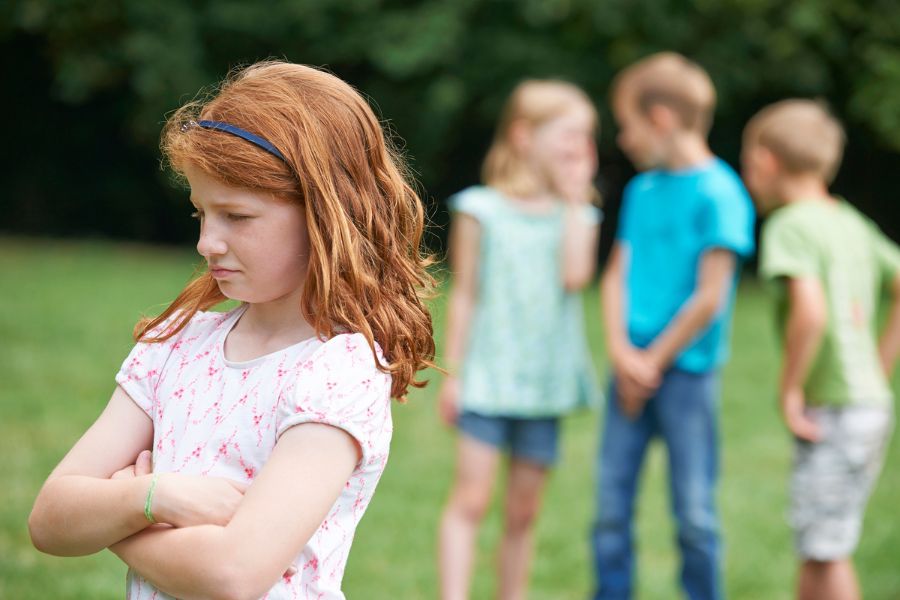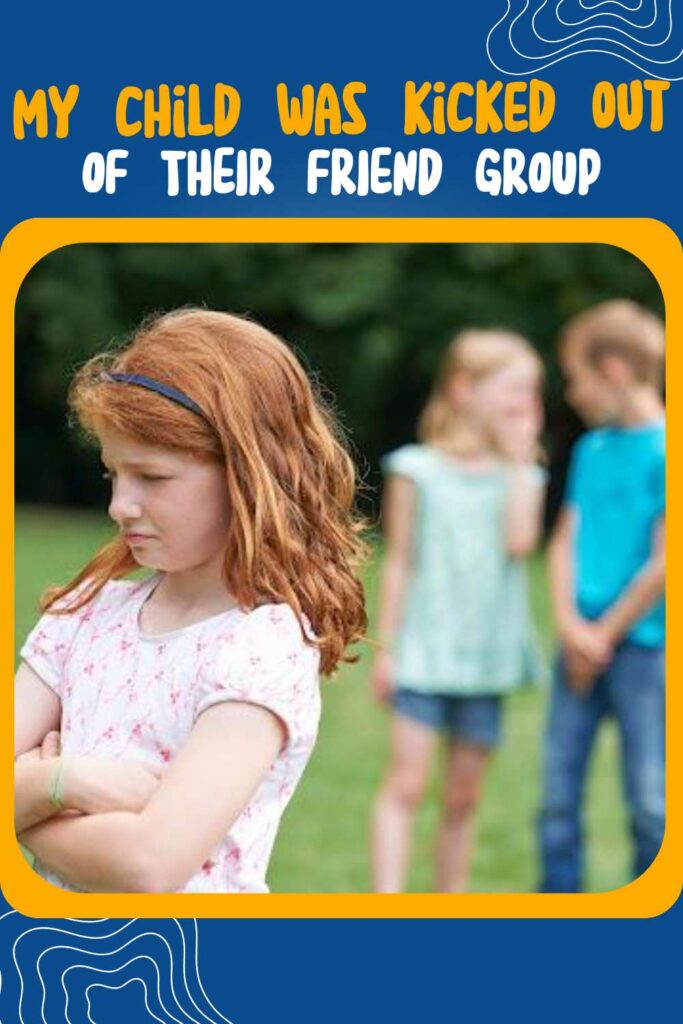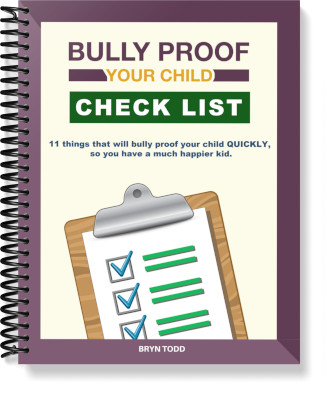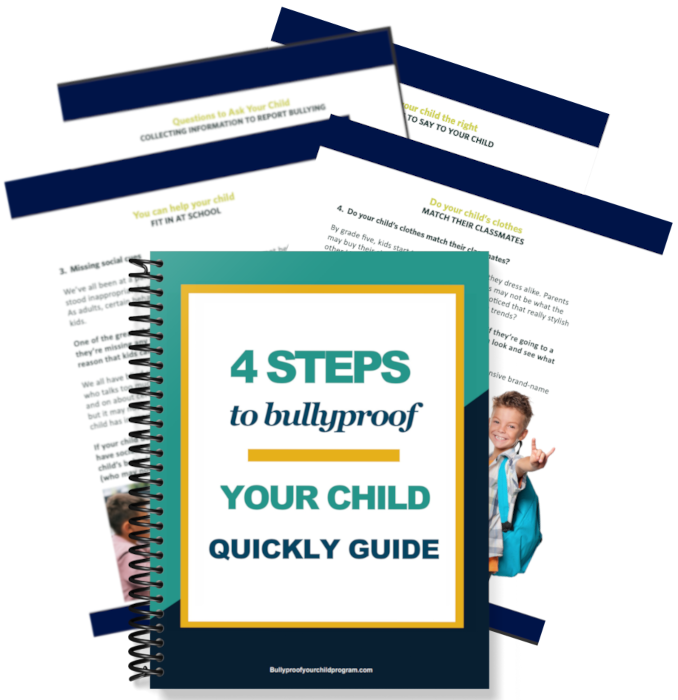
It’s heartbreaking to see your child go through something as painful as being excluded from their friend group. When this happens, your child may feel confused, hurt, and deeply isolated.
As a parent, it’s important to understand that being kicked out of a friend group is, unfortunately, a common experience for many children and teenagers. It can happen for various reasons, sometimes due to misunderstandings or disagreements.
What matters most is taking your child’s feelings seriously and being there to support them through this tough time.
In this blog post, we’ll explore the reasons why children may be excluded from their friend group, the emotional toll it can take, and, most importantly, how you can support your child during this challenging experience.
Understanding Social Dynamics
Childhood friendships can change rapidly, often without warning. One day your child might be part of a close-knit group, and the next, they could feel like an outsider. It’s important to recognize these shifting social dynamics so you can better support your child during these difficult times.
Common Reasons for Changes in Friendships
Friendships can change for many reasons. As children grow, they may develop different interests, start attending different schools, or simply drift apart. Conflicts or disagreements can also arise, leading to hurt feelings and strained relationships.
It’s natural for friendships to change as your child grows, but that doesn’t make it any easier. Encourage them to explore new interests and seek out new friends, while also recognizing and validating the feelings of loss and sadness that can come with the end of a friendship.
Let your child know that it’s okay to feel hurt, and reassure them that you’re here to support them as they work through these emotions and begin to build new connections.
The Role of Peer Pressure
Peer pressure can have a big impact on friendships. Sometimes, children feel the need to conform to their social group’s expectations, even if it means excluding or mistreating others.

It’s important to talk to your child about standing up for what’s right, even if it means going against the group. Encourage them to be kind and inclusive, and to find friends who share their values and interests.
Remind them that true friends will respect them for who they are, and that it’s okay to walk away from those who don’t.
By understanding social dynamics and being there for your child through changes in friendships, you can help them face the ups and downs of childhood relationships with confidence and resilience.
Your support will give them the strength they need to handle these challenges and grow into stronger, more self-assured individuals.
Supporting Your Child
Emotional Support and Validation
When your child is kicked out of their friend group, your support is everything. Let them know that their feelings matter, and it’s okay to feel sad, angry, or hurt. Reassure them that you’re here, that they’re not alone in this, and that you’ll be by their side through it all.
Encourage your child to open up about their emotions, and make sure you listen with compassion and without judgment. Avoid brushing off their feelings or telling them to “just move on.”
Instead, let them know that their emotions are valid, and offer them comfort by showing that you truly understand what they’re going through. Let them feel safe expressing how they feel, knowing you’re there to support them.
Encouraging Positive Social Interactions
Along with offering emotional support, it’s equally important to encourage your child to engage in positive social interactions.
Encourage them to try new activities or join clubs where they can meet new friends who share their interests. These experiences can help them build meaningful connections and feel more confident in their friendships.
Teach your child social skills like active listening, empathy, and conflict resolution. Encourage them to practice these skills with family or in everyday social situations.
Remind your child that friendships can change, but true friends will always be there for them. Help them focus on building strong, positive relationships with people who support and uplift them.
Every child handles tough situations differently. Be patient, supportive, and offer them the space they need to work through this challenging time. Let them know you’re there for them, no matter what.
Navigating the Next Steps
Assessing the Situation
When your child is kicked out of their friend group, it can feel overwhelming for both of you. Before taking any steps, take a moment to assess the situation.
Gently ask your child about what happened, listen closely to their perspective, and try to understand if this was a one-time incident or an ongoing issue. While their feelings are valid, it can also help to get a clearer picture by seeking input from other trusted sources if possible.
Once you understand the situation better, you can decide how to help your child move forward. If it was just a small disagreement, you may be able to guide your child in resolving the issue and repairing the friendship.
But if it’s something more serious or a repeated pattern of exclusion, it might be time to support your child in finding new, healthier friendships where they feel valued and accepted.
Exploring New Friendships
Finding new friends can be hard, but it’s so important for your child’s happiness and emotional well-being. Encourage them to join clubs or activities that match their interests, where they can meet peers who share the same passions.

Volunteering or joining community events can also open doors to new, meaningful friendships. Remind them that true friends are out there, ready to appreciate them for who they are.
It’s so important for your child to have support outside of their friend group, especially during tough times like this.
Encourage them to connect with family members, mentors, or other trusted adults who can offer guidance and a listening ear. Let your child know they have people who care about them and are there to support them through whatever challenges they face.
Remember, getting kicked out of a friend group can feel devastating, but it’s not the end of the world. It’s an opportunity for your child to grow, discover their inner strength, and learn what true friendship really means.
With your constant support and care, they’ll not only get through this but come out stronger, more confident, and better prepared for future relationships.
Conclusion
Seeing your child struggle after being kicked out of a friend group is difficult, but your support can make all the difference. Be there for them, listen to their feelings, and remind them that their emotions are valid.
Encourage them to share what they’re going through and express their feelings openly. It’s also important to help your child build coping skills. Teach them how to communicate effectively, set healthy boundaries, and find new friends who align with their values and interests.
Every child reacts to these situations in their own way, so be patient and understanding. If you feel your child needs additional support, consider reaching out to a mental health professional.
While this experience can be challenging, it’s also an opportunity for personal growth. Encourage your child to learn from it, build resilience, and continue creating positive, supportive friendships.




